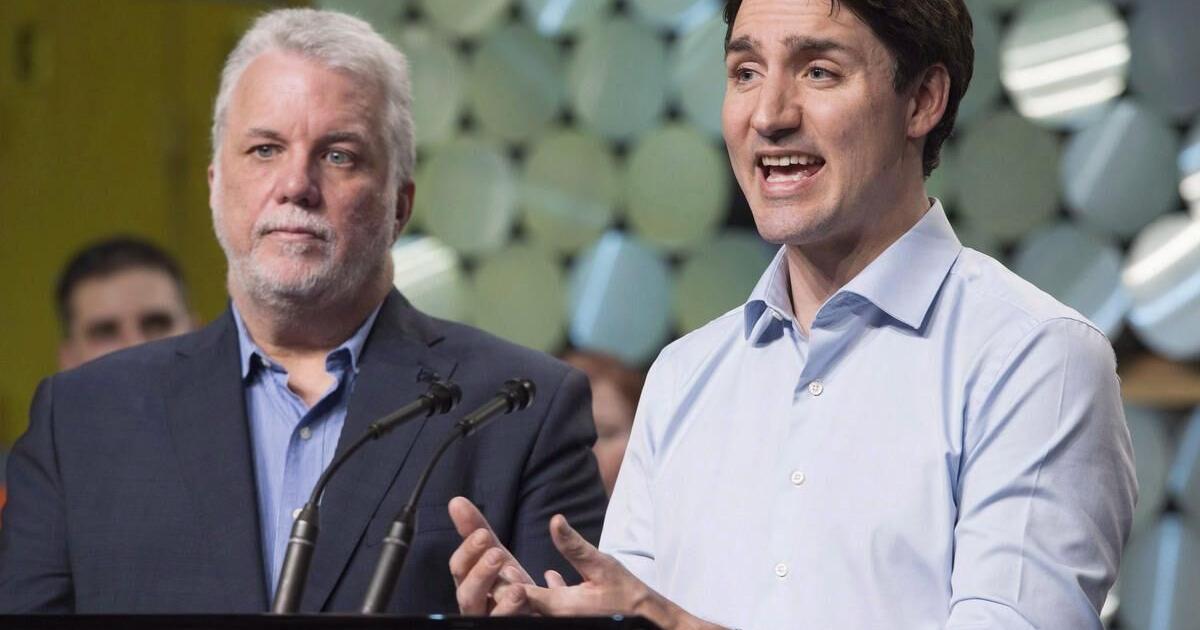crs1026
Superstar
The issue of runaway parked trains seems more of a regulatory/compliance issue. It would seem a simple solution for shorter trains is don't park the damned things where they can roll away, setting more handbrakes or setting out derails. Very long trains in the mountains perhaps not so much. I know there is a science to handbrakes vs. weight or length but it strikes me that the interim order recently issued by TC will be a challenge to implement on very long trains, but again, not totally clear on the technology of railroading.
The Yoho incident happened pretty much at the Continental Divide. At that point, a rolling train heading for the Pacific is really just a falling object. But don’t assume that it’s only a problem in the west. The grade from Campbellville to Hamilton on CP is classed as a “mountain grade” and all the regulatory and company policies that apply out west also apply here. The Copetown and Milton grades are severe enough to represent risk to a parked train, as is the grade from Agincourt to North Toronto,, and from Staines Road down to Liverpool. I even know of a case where retainers (the thingy on the brakes that sets them for mountain conditions) were used on the Acton hill recently. The milder weather is the big advantage in the GTA, we don’t get prolonged cold at -25C, but that just encourages the railways to run longer trains.
The essence of compressed air technology is - in cold weather, the cylinders/pistons that drive the braking leak badly. Doesn’t really matter which way the spring works, the air can’t be maintained without replenishment. The traditional one-hose Westinghouse brake system has a fairly low capability to replenish, especially on a long train due to length of the brake line and all those leaky gaskets.
A system that lets the brakes bleed towards the ‘off’ position is the lesser evil for long freight trains, because there is less chance of dragging brakes on individual cars while the brakes are intentionally released and the train is moving......dragging brakes lead to hot wheels which leads to wheel failure - it’s a ‘pick your poison’ proposition.
The thing about these railway tragedies is, we know the likelihood of future events, and the probability is much greater than, say, an airliner crash on approach or takeoff from Pearson. After an event, the question that gets asked is, “did you know these vulnerabilities existed?”. The railways, the regulator, and the rest of us do know, and all that can be said is that we are applying any number of operational bandaids to the same old technology. Something more is needed.
- Paul
- Paul
Last edited:






/arc-anglerfish-tgam-prod-tgam.s3.amazonaws.com/public/HAMXFOUGVRAAVGYQAF6BHIJJCA.jpg)
/cloudfront-us-east-1.images.arcpublishing.com/tgam/2JQIP3OOQRCH3NIE46YGGCGGZU.jpg)
